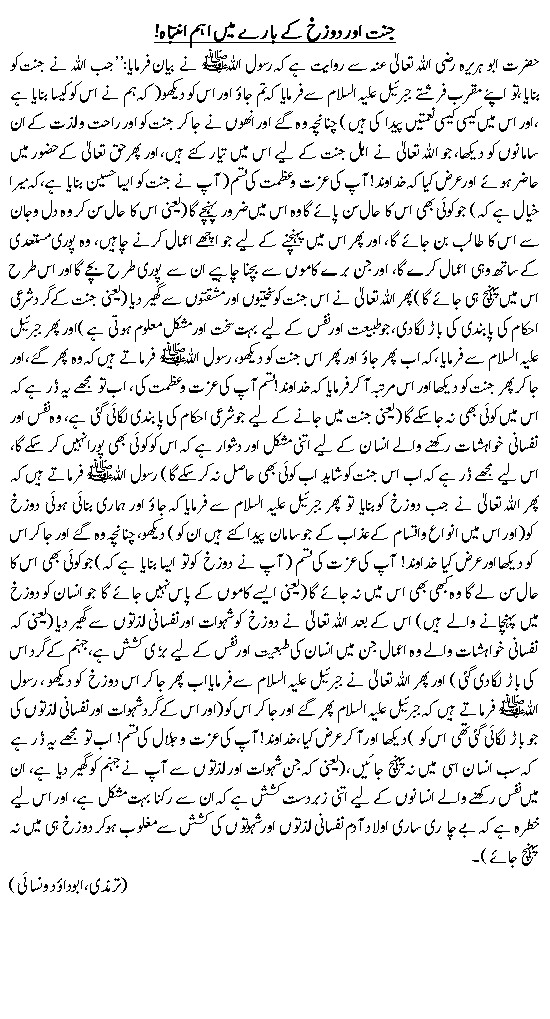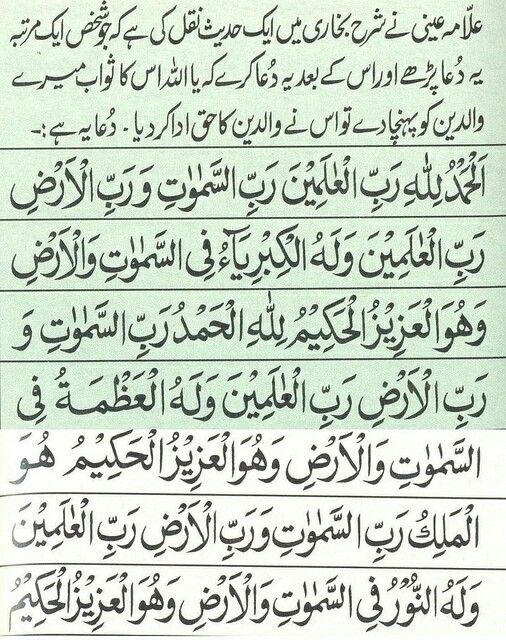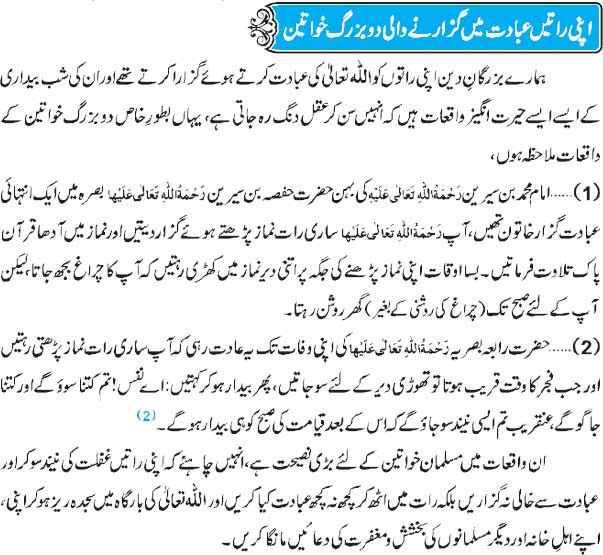Hadith – Bukhari’s Book of Manners #313, Ahmad, Ibn Hibban, and Hakim
… ‘Abd Allah reported that the Prophet of Allah, upon him be peace, said, “A believer is not a fault-finder and is not abusive, obscene, or course.”
Hadith – Bukhari’s Book of Manners #329
… Ibn ‘Abbas said, “If you wish to mention the faults of your friend, mention your own faults first.”
Hadith – Bukhari’s Book of Manners #330
… Ibn ‘Abbas said on the following verse of the Qur’an, “Nor defame one another” (49:11), “Do not spend your time finding fault with one another.”
Hadith – Bukhari’s Book of Manners #545
Jubayr ibn Nufayr reported that Mu’adh ibn Jabal said, “If you love someone, do not quarrel with him and do not annoy him. Do not ask others about him, for the one you ask might be his enemy and thus tell you things about him that are not true and thus break you apart.”
Hadith – Bukhari’s Book of Manners #889 and Ibn Hibban
‘Amr ibn al ‘As said, “…I am amazed at one who spots an impurity in the eye of another but is unable to detect it in his/her own eye, or who attempts to remove a grudge from another’s heart while making no attempt to remove grduges from his/her own heart. I have never blamed anyone for the confidences of mine that they have betrayed. How could I, when already they have given me reason for pause?”
Hadith – Bukhari’s Book of Manners #1295
Bilal ibn Sa’d al Ash’ari reported that Mu’awiyah wrote to Abu Darda’ “Write to the wrongdoers of Damascus.” So he asked, “What do I have to do with the wrongdoers of Damascus? How will I know them?” Abu Darda’s son, Bilal said, “I will write to them,” which he did. Then Abu Darda’ said [to Bilal], “How did you know to whom to write? You could not have known they were wrongdoers unless you were one of them. Begin with yourself!” So he did not address the letter in anyone’s name.*
*i.e. he didn’t single out a specific person as a wrongdoer, but spoke about wrongdoings in general, to come as a reminder (of Quran and Sunnah) to the people.























